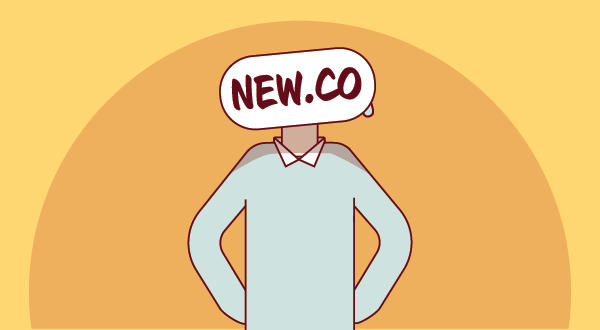Wil Schroter

For a very long time, I felt like my startup was a direct reflection of my worth as a person.
When my startup was doing well, I felt on top of the world (this was rare). But when my startup was struggling, which was 99% of the time, I felt it was a direct reflection of my own incompetence as a human, and I felt like hell. And so by way of that, I usually felt shitty.
It wasn't until I started exiting startups (good and bad exits) that my startups were just a moment in time. While they were a reflection of my output, they weren't a reflection of me. It took a few decades to figure that out, so let's see if I can help you do it in the next few paragraphs instead.
Our Startup is the Work We Perform — it's Output
I'm a Dad, a carpenter, a creative, a Founder, and a male model (OK, not the last one I just wanted to see if you were still reading). Those are things that I'm interested in, and by way of those interests, I have different things that I can produce, like a family, a startup, and a sweet ass new deck on my house.
While I'm proud of my output, and I do believe pride in our work is the hallmark of what makes us great Founders, I have to understand that those are external things that I help develop — but they aren't me. It's not like if my new deck gets tons of use I'm somehow a better person.
One of the things I've noticed amongst Founders who have built and sold really successful startups as an example is they constantly point out that it wasn't until they sold their startup that they realized it's not really them. Someone else runs it, who's not them, and it exists just fine without them. The same goes when we fold a startup — it's gone — but we're still us.
Startups are a Horrible Way to Attach Self Worth
If we were really insistent on trying to attach our self-worth to something, I have to say, a startup might be the worst possible thing to attach ourselves to. A startup is like an abusive spouse who, no matter how hard we work at the relationship, is totally unpredictable, incredibly unappreciative, and will statistically end in a horrible divorce.
The more we attach ourselves to that identity, the more trouble we create for ourselves. Conversely, the more we detach from that identity, the more context we provide. We can start to realize that the growth rate of our startup, for example, is a measure of the startup, regardless of who is running it. Yes, we have direct influence, but the very nature of a company is that many people can run it, meaning it's not us, it's something separate.
We are Founders, not Startups
What we are, at the core, are Founders. We are creators — we create. What we create will vary over time, the things we Found will evolve, but they will exist and grow (and die) independently of who we are. We can, of course, take pride in our creation, or concern when it tanks, but every night when our mind is racing we have to remind ourselves "this is a thing, it's not me."
Startups come and go. Founders remain forever.
In Case You Missed It
I’m Killing Myself. How is Everyone Else Finding Work/Life Balance? We're supposed to believe that we can build a world-changing startup from nothing while simultaneously traveling to exotic places and enjoying our "best life". For most of us, that just doesn't add up. What's blowing us up, though, is how we approach the problem.
Work From Home (podcast). Is remote work bullsh*t? Or can remote work & work-from-home policies actually have a positive impact on your Startup? Join Wil and Ryan as they break it down.
How to Mix a Family and a Startup. How do we create a proper balance between growing our family and growing our startups? Do we have to swim in a sea of guilt through this entire journey or is there some other way to get ahead?
Find this article helpful?
This is just a small sample! Register to unlock our in-depth courses, hundreds of video courses, and a library of playbooks and articles to grow your startup fast. Let us Let us show you!
Submission confirms agreement to our Terms of Service and Privacy Policy.
Already a member? Login
Start a Membership to join the discussion.
Already a member? Login

I really feel this is a topic founders don't discuss often enough. Thanks for sharing this!